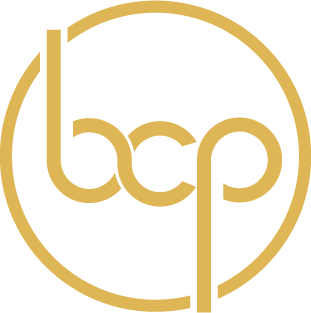It’s fair to say that 2020 is a unique time, with COVID-19 dominating our professional and personal lives, this year has seen the days roll into the next and now, seemingly without any notice, we’re on the precipice of the end of the financial year.
In a time of rapid change it’s been easy to lose track of EOFY. However given 30 June is a mere week away, it is essential to start year-end tax planning now to ensure you’re on top of this unparalleled financial year-end.
What to watch out for this 30 June 2020
There are many reasons this 30 June is unrivalled. Unique in its intensity, it is a financial year-end that has the potential to be fraught with oversights given the sheer magnitude of CoronaVirus Stimulus Measures and other changes businesses, accountants and tax advisers have had to manage.
The main issues to be aware of, or to ensure are not overlooked this financial year-end include:
JobKeeper and Cash Flow Boost Payments
How should you treat the Federal Government’s CoronaVirus Stimulus initiatives such as the JobKeeper payments and the Cash Flow boost? Whilst the Cash Flow boost was not taxable income, what is the tax treatment of accessing this money if it has been paid into a company or a trust? With regards to JobKeeper payments, how will the amount paid to eligible business participants be treated?
Bad Debts and Debt Forgiveness
It is anticipated that there will be an increase in bad debts and debt forgiveness this financial year-end. However to ensure you are able to claim deductions for bad debts for the year ended 30 June 2020, you need to have completed all the necessary requirements, such as formally writing off the loan with written particulars.
You also need to consider:
Does the entity claiming also need to satisfy the loss recoupment tests to claim the bad debt as a tax deduction?
For loans that are forgiven will the commercial debt forgiveness provisions apply to the borrower and will the lender be entitled to a capital loss?
Have you considered the interaction of the deeming provisions in the commercial debt forgiveness provisions and the personal use asset provisions that may disregard any capital loss? Remembering that the personal use asset provisions can include debts arising other than in the course of gaining or producing your assessable income or from carrying on a business (i.e. it could apply to interest free non- business loans).
Superannuation Guarantee (SG) Amnesty
Given the ATO has indicated a willingness to negotiate flexible payment plans for employers registered for the amnesty and impacted by the pandemic, it is crucial to remember that the deadline for the SG Amnesty remains the 7th September 2020. This is the cut-off for businesses to come forward and disclose any superannuation guarantee shortfalls from 1 July 1991 to 31 March 2018.
Employee Share Schemes (ESS) Reporting
The key dates for the ESS reporting for both employee statements and ATO lodgements are as follows:
14 July: Employers need to provide employees with their ESS ATO statements where they have taxable transactions during the financial year. This statement will help employees complete their tax return.
14 August: Employers need to report to the ATO all taxable transactions to the ATO.
For more information about the ESS reporting obligations please click here to read our article: July Deadline Looms For Employee Share Schemes.
Division 7A
It has been indicated that Division 7A changes are due to take effect from 1 July 2020. However as of the date of this article, there has been no corresponding legislation introduced, which begs the question: how should accountants and tax professionals proceed to manage these anti-avoidance provisions without any guidance?
It’s clear that tax planning for 30 June 2020 will be a unique experience for all involved. The requirement to manage both standard year-end tax preparations whilst ensuring all CoronaVirus Measures are accounted for represents a challenge for all involved.
If you have any queries or would like some guidance with tax planning and preparation please contact the team at Baskin Clarke Priest.

